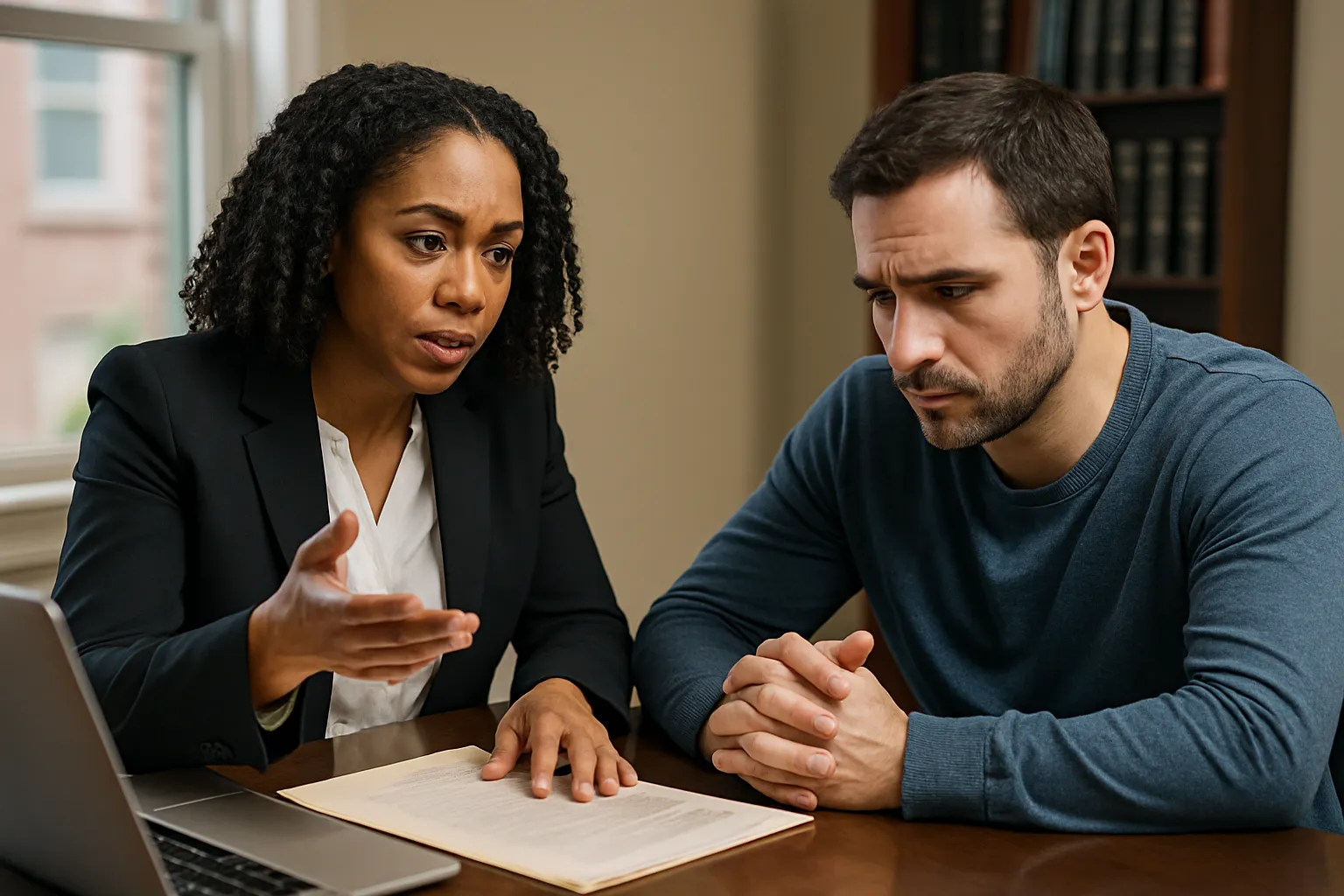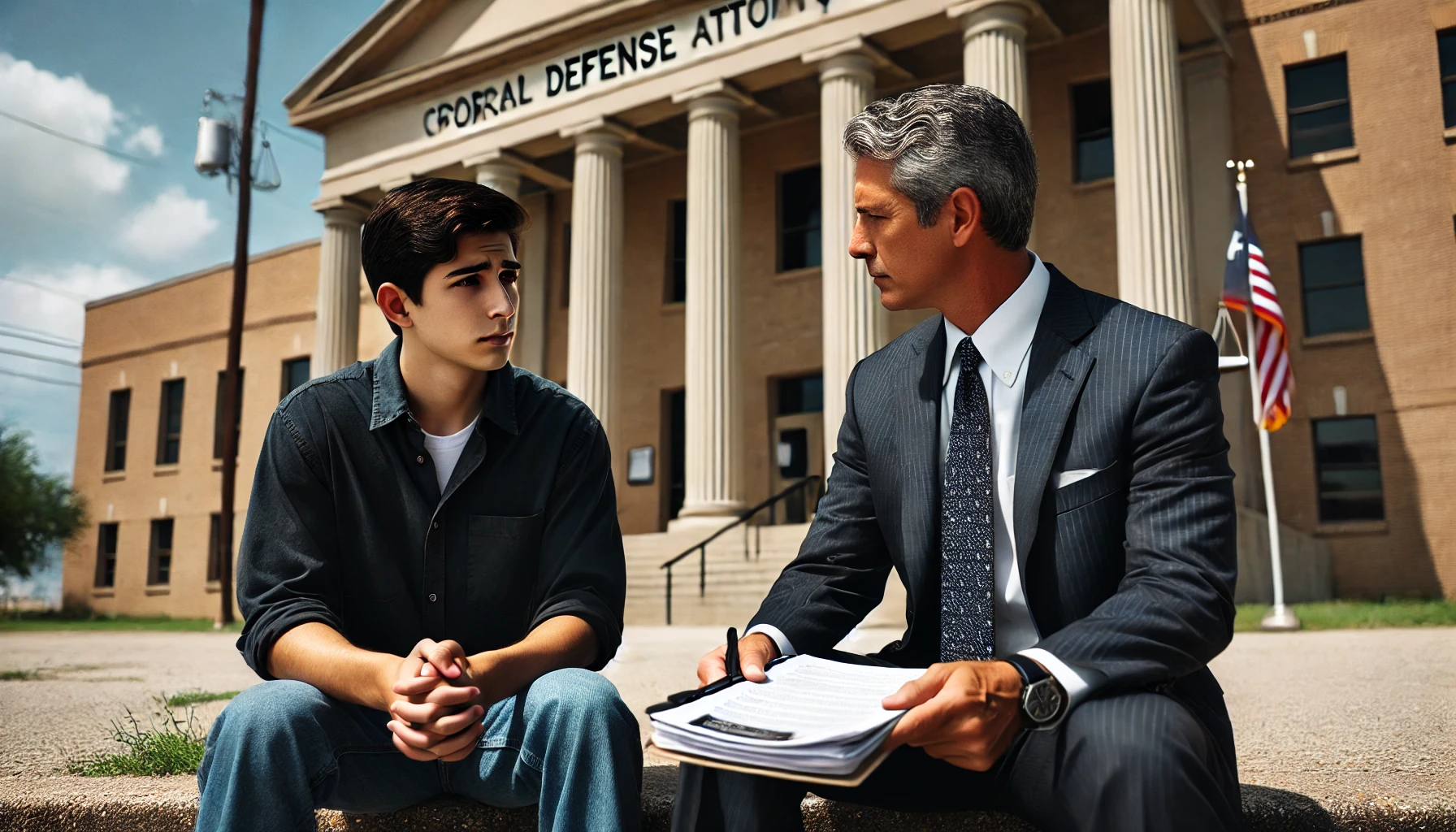

Hiring a Domestic Violence Defense Lawyer in Southeast Texas

Hiring a Domestic Violence Defense Lawyer in Southeast Texas
If you’ve been arrested for domestic violence in Southeast Texas — or are under investigation — your first move should be hiring the right criminal defense attorney. Not just any lawyer. You need one who understands family violence law, the local court system, and how to defend your rights from day one.
This guide walks you through how to find, evaluate, and hire the best domestic violence defense lawyer in Harris, Fort Bend, Galveston, or Brazoria County. It’s built for first-time defendants, spouses in conflict, people facing false accusations, and anyone who wants to know what comes next — and how to protect themselves.
In this post, you’ll learn:
- Why experience in domestic violence defense matters
- What qualifications to look for
- How to compare legal fees and services
- When to act and why timing is critical
- How to check a lawyer’s track record
Let’s walk through it — step by step.
Step 1: Why Domestic Violence Charges Require Specialized Defense
In Texas, domestic violence cases often involve more than a simple criminal charge. They also trigger:
- Protective orders (emergency, temporary, and final)
- No-contact bond conditions
- Custody complications or CPS involvement
- Gun rights restrictions
- Job, housing, and immigration issues
- A potential permanent family violence finding — which affects you for life
That’s why it’s essential to work with a lawyer who focuses on domestic violence defense — someone who knows how to fight both the criminal and civil aspects of your case.
(See: How to Choose a Domestic Violence Lawyer in Harris County)
Step 2: Why Local Legal Experience Matters
The same Texas Penal Code applies across the state — but local court procedures, prosecutor policies, and judicial attitudes vary from county to county.
A lawyer who regularly practices in your local courthouse will understand:
- Which prosecutors are open to diversion or reductions
- What kind of evidence local judges expect at hearings
- How protective orders are handled in your jurisdiction
For example, in Fort Bend County, judges often take a stricter approach to protective orders and expect early documentation. In Galveston County, prosecutors may push for jail time unless your defense attorney presents compelling mitigation from the start.
(See: Why Local Legal Experience Matters in Fort Bend and Galveston Courts)
Step 3: Should You Hire a Former Prosecutor?
Yes — if they have experience with domestic violence cases.
Former prosecutors know how the State builds its case, which evidence matters, and how to negotiate from a position of strength. They can anticipate the DA’s strategy and often use those insights to get charges reduced, dismissed, or resolved without a permanent record.
(See: Should You Hire a Former Prosecutor as Your Defense Lawyer?)
Step 4: How Much Does a Domestic Violence Lawyer Cost?
The cost depends on:
- The severity of the charge (misdemeanor vs. felony)
- Whether the case includes a protective order or family law issues
- How far the case goes (plea, dismissal, or trial)
Most private lawyers charge flat fees:
- $2,500–$5,000 for basic misdemeanor cases
- $5,000–$10,000+ for cases involving injuries, multiple charges, or potential jail time
- Additional fees may apply for trial, protective order defense, or custody hearings
Many offer payment plans, especially if hired early.
(See: How Much Does a Domestic Violence Lawyer Cost in Texas?)
Step 5: What to Expect in Your First Legal Consultation
Your consultation is where your defense begins. A good lawyer will:
- Listen to your version of events
- Ask about bond conditions, protective orders, and prior history
- Explain possible outcomes and legal strategies
- Review your documents (police reports, court notices, texts, etc.)
- Quote a fee and outline next steps
You should bring:
- Bond paperwork
- Any court filings or protective orders
- Notes on what happened
- Questions about your rights and options
(See: What to Expect in Your First Legal Consultation)
Step 6: When to Hire a Lawyer — Timing Is Critical
The best time to hire a lawyer is immediately after arrest or as soon as you’re aware of an investigation. Early representation allows your attorney to:
- Push back on unnecessary protective orders
- Preserve favorable evidence
- Negotiate before charges are filed
- Help you avoid violations that can lead to new charges
The longer you wait, the fewer options you have.
(See: When to Hire a Lawyer After a Domestic Violence Arrest)
Step 7: Can a Lawyer Get Charges Dropped Before Trial?
Yes — but only if they act early and strategically.
Lawyers can:
- Present exculpatory evidence to the DA’s office
- File pretrial motions to suppress or exclude weak evidence
- Negotiate for dismissal or reduction if the accuser won’t testify
- Build a case for self-defense, accident, or mutual combat
Some charges are dropped before formal filing if your lawyer moves fast.
(See: How a Lawyer Can Get Charges Dropped Before Trial)
Step 8: What If You’re Guilty? Is a Lawyer Still Worth It?
Absolutely.
Even if the facts are against you, a defense lawyer can:
- Negotiate for deferred adjudication or probation
- Work to prevent a family violence finding
- Protect your gun rights, immigration status, or custody rights
- Help you complete counseling or anger management early to influence sentencing
In criminal defense, the question is rarely just “Did it happen?” — it’s what happens next.
(See: Can a Lawyer Help Even If You’re Guilty?)
Step 9: Public Defender vs. Private Lawyer
If you can’t afford a lawyer, the court may appoint one. Public defenders are smart, capable, and passionate — but often overwhelmed with high caseloads.
Private lawyers:
- Can spend more time on your case
- Offer personalized attention
- Handle protective orders and family law overlap
- Often have more flexibility in strategy and scheduling
If your case involves immigration, children, or your career — investing in a private attorney is worth it.
(See: Private Lawyer vs. Public Defender: What’s Right for You?)
Step 10: How to Check a Lawyer’s Case History
Before you hire:
- Review their website for case results and practice focus
- Look them up on AVVO, Google, or the Texas Bar site
- Ask how many domestic violence cases they’ve handled in your county
- Read reviews from past clients — especially those with similar charges
- Request specific examples of outcomes (dismissals, reduced charges, no family violence finding)
Transparency is key. If a lawyer can’t show you how they’ve helped people like you, keep looking.
(See: How to Check a Lawyer’s Case History in Domestic Violence Cases)
Why Walker Law Office Is Trusted Across Southeast Texas
Attorney Mekisha Walker is a former prosecutor who:
- Has handled hundreds of domestic violence cases from both sides
- Represents clients in criminal court, protective order hearings, and family law overlap
- Knows how to challenge protective orders, false accusations, and excessive bond conditions
- Offers flat fees and payment plans
- Practices regularly in Harris, Fort Bend, Galveston, and Brazoria Counties
Final Tip: Don’t Just Hire a Lawyer — Hire the Right One
Hiring a domestic violence lawyer isn’t about finding someone who can show up to court. It’s about finding someone who:
- Knows the law
- Knows the system
- Knows your county
- And knows how to protect your future
At Walker Law Office, we deliver strategic, aggressive defense tailored to your unique case — with experience, compassion, and real results.
Call (713) 228-2611 or visit https://www.walkerlawhouston.com/contact to request a confidential consultation today.

Hiring the right lawyer can make or break your domestic violence case. This guide explains what to look for in a Harris County defense attorney—and the key questions you should ask during a consultation.
Read More...
Domestic violence courts in Fort Bend and Galveston have unique procedures and prosecutors. This guide explains why hiring a lawyer with local experience can give you a critical advantage.
Read More...
Thinking about hiring a former prosecutor as your defense lawyer? This guide explains how prosecutorial experience can offer strategic advantages in Texas domestic violence cases.
Read More...

